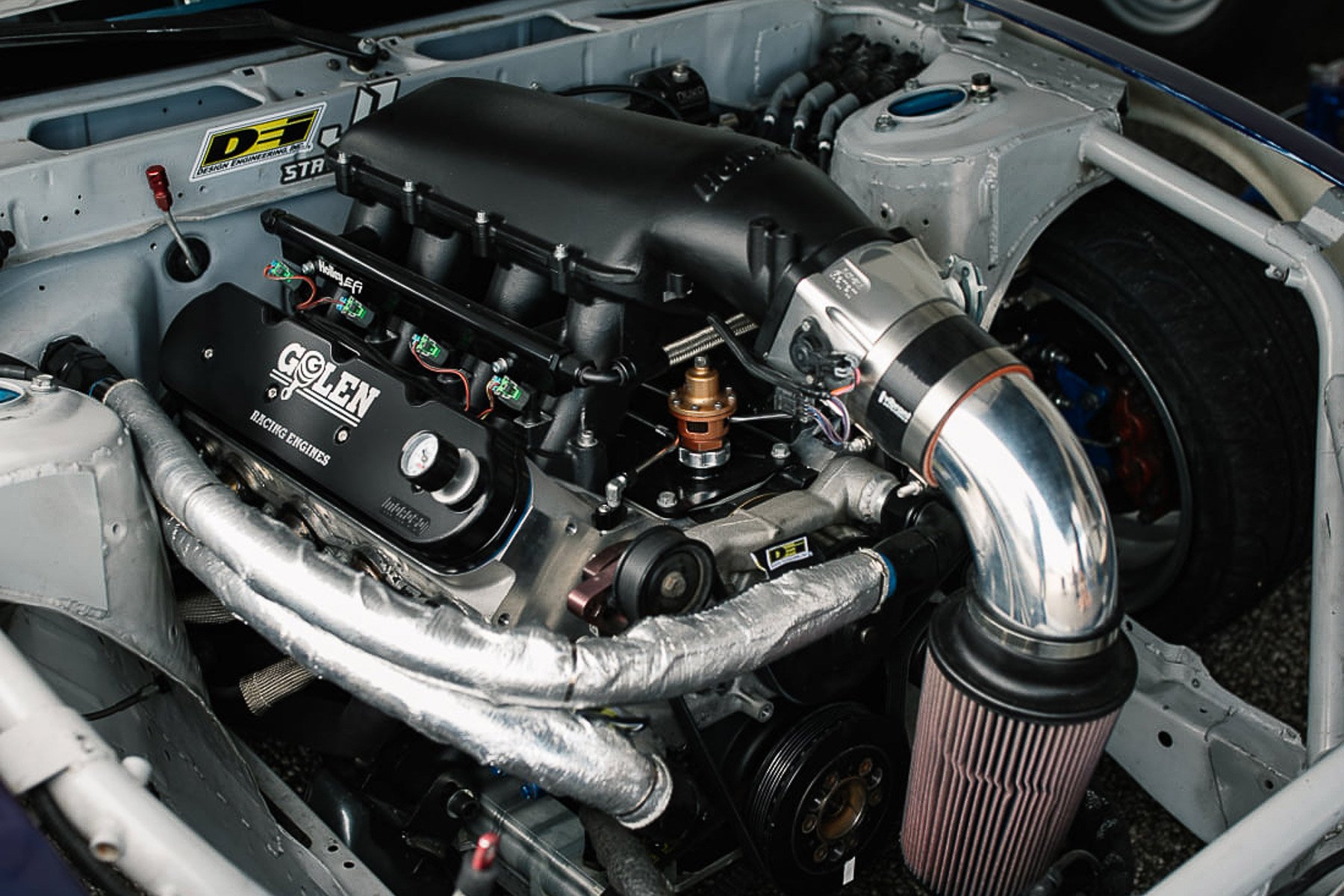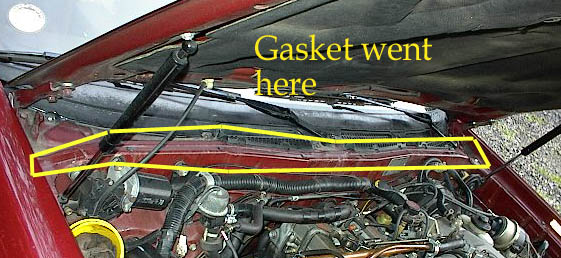The engine bay of a car can get extremely hot, reaching temperatures of several hundred degrees Fahrenheit or around 160 degrees Celsius. It is important to understand the potential heat that builds up in this area to prevent damage and ensure optimal performance of the vehicle.
Why does the engine bay get hot?
The engine bay gets hot due to the combustion process that takes place inside the engine. As fuel is burned, energy is released, and a significant amount of heat is generated. This heat needs to be dissipated to prevent the engine from overheating. However, some of the heat remains trapped in the engine bay, raising the overall temperature.
Effects of excessive heat
Excessive heat in the engine bay can have various negative effects on the vehicle. It can cause damage to sensitive components, such as electrical wiring, plastic intake tubes, and other plastic parts. High temperatures can also lead to vapor lock, where the fuel in the lines or carburetor evaporates, resulting in engine stalling or difficulty starting.
Preventing engine bay heat
There are several measures you can take to prevent excessive heat buildup in the engine bay. These include:
- Wrapping and coating sensitive components: By using exhaust wraps and heat shields, you can reduce heat transfer to nearby components.
- Removing sensitive items: If possible, relocate sensitive components away from direct heat sources or shield them with insulating materials.
- Improving underhood airflow: Ensuring proper airflow through the engine bay helps in dissipating heat. Consider installing fans or additional vents.
- Using phenolic spacers: These insulating spacers can prevent heat transfer to the intake manifold and throttle body, reducing overall temperatures.
Engine bay temperature statistics
Research suggests that temperatures inside the engine bay can reach up to a couple of hundred degrees Fahrenheit. However, the specific temperature can vary depending on factors such as external temperatures, engine size, and cooling system efficiency. It is essential to consult your vehicle’s manual or seek professional advice for accurate measurements in your specific car model.

Credit: www.dragzine.com
Importance of monitoring engine temperature
It is crucial to monitor your engine’s temperature to prevent any potential issues. If your engine is consistently running too hot, it can lead to overheating, reduced performance, and even engine damage. Regularly checking and maintaining the cooling system, including the radiator, coolant levels, and thermostat, can help prevent any serious problems caused by excessive heat.

Credit: www.jblmk3.com
Frequently Asked Questions On How Hot Does An Engine Bay Get
What Is The Average Temperature Of The Engine Bay?
The average temperature of the engine bay can reach a couple of hundred degrees Fahrenheit or a few hundred degrees Celsius.
How Hot Does The Hood Of A Car Get?
The hood of a car can get extremely hot, reaching temperatures of several hundred degrees Fahrenheit or around a couple hundred degrees Celsius.
How Hot Does A Car Engine Block Get?
A car engine block can reach temperatures of a few hundred degrees Fahrenheit.
How Hot Is The Inside Of A Car Engine?
The inside of a car engine can reach temperatures of several hundred degrees Fahrenheit.
How Hot Does An Engine Bay Get During Normal Operation?
The temperature of an engine bay can reach several hundred degrees Fahrenheit during normal operation.
What Factors Contribute To The High Temperature Of An Engine Bay?
The high temperature of an engine bay is primarily caused by the heat generated by the engine and exhaust system.
Conclusion
The engine bay of a car can reach high temperatures due to the combustion process and heat generated by the engine. Taking preventive measures to reduce heat buildup is essential to protect sensitive components and ensure optimal performance. Regularly monitoring the engine’s temperature and maintaining the cooling system is crucial to avoid overheating and potential engine damage.





